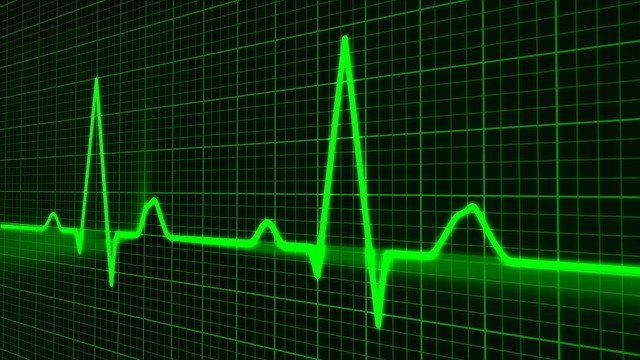
In a new study, researchers are the first in the United States to test a new type of ablation technology for patients suffering from atrial fibrillation, a common type of irregular heartbeat.
The team’s participating in a global clinical trial to assess pulsed-field ablation (PFA) technology to treat patients with atrial fibrillation.
Developed by Medtronic, the PulseSelect PFA System uses pulsed electric fields to interrupt pathways and atrial fibrillation triggers in the heart.
Doing so can help the heart restore its regular rhythm. Unlike traditional methods, this technology is non-thermal (meaning there is no heat or extreme cold) and can efficiently isolate the pulmonary veins, which are a major source of triggers of the arrhythmia.
The research was conducted by cardiologists at The Ohio State University Wexner Medical Center.
At least 2.7 million Americans live with atrial fibrillation. It can lead to blood clots, stroke, heart failure, and other complications, according to the American Heart Association.
It’s common among people with coronary heart disease, valve disease, an inflamed heart muscle or lining or those who’ve had a heart attack, congestive heart failure or heart surgery.
Other risk factors include high blood pressure, clogged arteries, diabetes, overactive thyroid, emphysema or other lung diseases, viral infections, sleep apnea, stress, fatigue, and age.
The team says whenever doctors do an ablation, there’s the risk that it can cause damage to structures around the heart as heat or cooling spreads beyond the heart border.
But this type of energy delivery is nonthermal, and heart muscle cells are uniquely sensitive to it, thus helping to avoid affecting other types of tissue around the heart. It’s also very rapid and will likely significantly cut down on surgery time.
This new technology is potentially everything doctors have hoped for in catheter ablation.
It’s easier to use, more efficient and will be better for patients because there’s less risk of damage to surrounding tissue and shorter recovery time.
It also may eliminate the need for overnight hospital stays.
One researcher is Dr. John Hummel, an electrophysiologist at Ohio State’s Richard M. Ross Heart Hospital. He performed the first procedure on a patient in the United States.
Copyright © 2020 Knowridge Science Report. All rights reserved.



